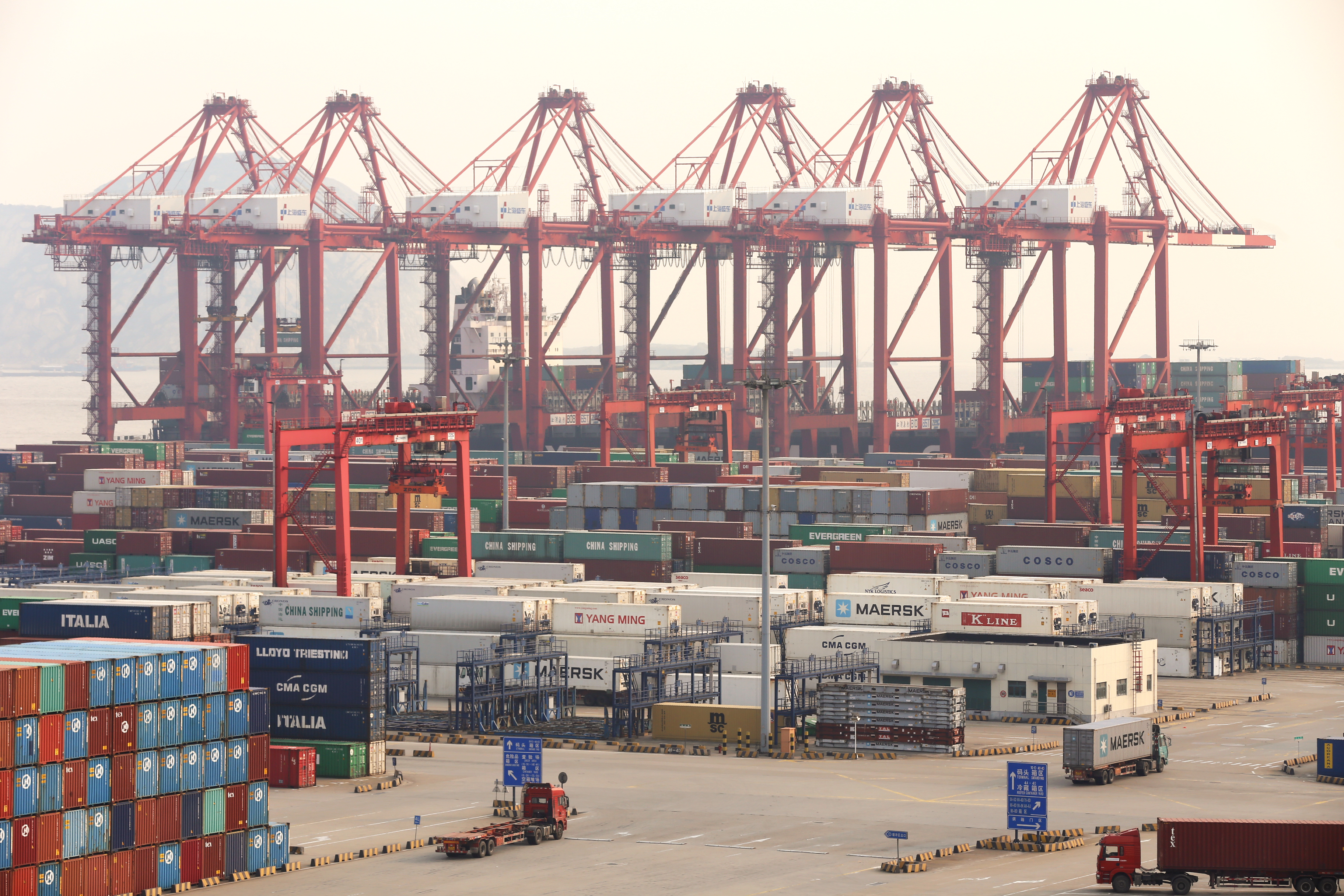 China Adjusts Tariffs for 2025 to Lift Imports of High-Quality Goods
China Adjusts Tariffs for 2025 to Lift Imports of High-Quality Goods(Yicai) Dec. 30 -- China has adjusted its import tariffs for next year to promote the import of high-quality products, support technological innovation, and expand its global trade network, according to an official announcement.
Provisional import tariffs -- which are lower than the most-favored-nation rates -- will be put on 935 items from Jan. 1, the Customs Tariff Commission of the State Council said on Dec. 28, citing the government’s annual tariff adjustment plan.
The changes aim to encourage imports of related goods, enhance domestic competitiveness, foster technological progress, ensure economic stability, and improve people's livelihoods. For example, the MFN tariff rate on packaged infant formula is 15 percent, while the provisional tariff is 5 percent.
The plan will also lower tariffs on some products, including automatic transmissions for special-purpose vehicles, to foster new quality productive forces through scientific and technological innovation.
In addition, levies on items such as sodium zirconium silicate, viral vectors for chimeric antigen receptor T-cell tumor therapy, and nickel-titanium alloy wires for surgical implants will be reduced to improve livelihoods. To promote green and low-carbon growth, tariffs on ethane and certain recycled copper and aluminum raw materials will be lowered too.
The tariffs on some items, such as sugar syrup and sugar-containing premixes, vinyl chloride, and battery separators, will rise in response to domestic industrial development and changes in supply and demand. For instance, the MFN rate on cane and beet sugar solutions containing flavoring or coloring will increase to 20 percent from 12 percent.
China will put conventional tariff rates on some products from 34 countries and regions under 24 free and preferential trade arrangements to expand its network of high-standard free trade zones.
Furthermore, the country will continue to offer zero-tariff treatment on all product categories for the 43 least developed countries with which it has diplomatic relations.
Moreover, China will maintain preferential tariffs on certain imports from Bangladesh, Laos, Cambodia, and Myanmar under the Asia-Pacific Trade Agreement and other government agreements with members of the Association of Southeast Asian Nations.
According to the annual adjustment plan, China will introduce specified tariffs on products such as pure electric passenger vehicles, canned king oyster mushrooms, spodumene, and ethane to serve industrial development and technological advancement.
After the changes, the total number of goods subject to import tariffs will be 8,960.
Editor: Futura Costaglione